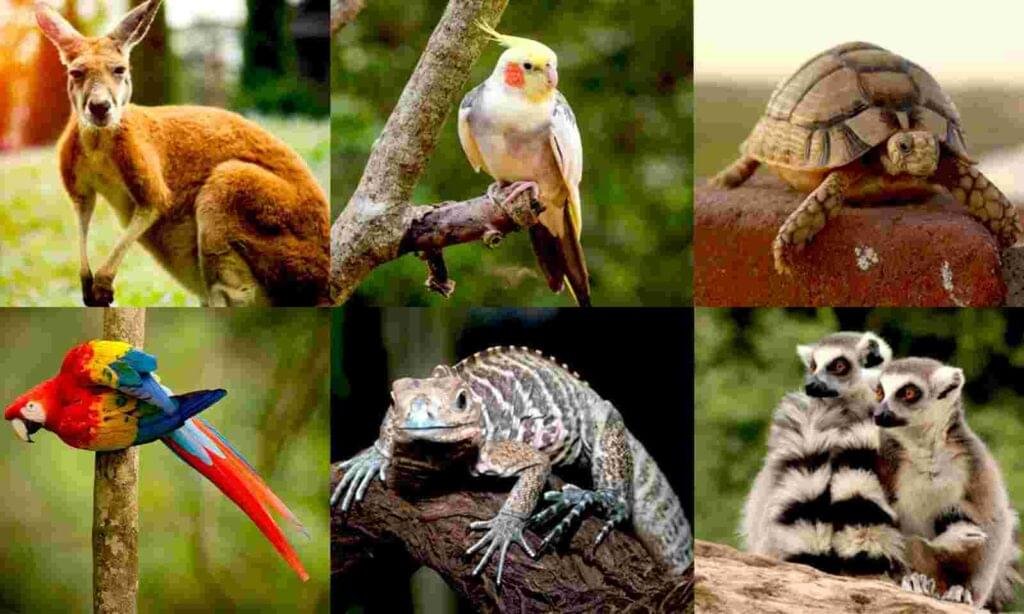The Exotic Pet Trade’s Dangers Millions of exotic animals are sold each year around the world. Most are placed in private citizens’ backyards and homes. Some exotic pets are bred in captivity, but many are illegally taken from their natural habitats.
Unfortunately, exotic pets remain popular among people in the United States. Most people who buy exotic pets do so without realizing how dangerous they can be. Pet trade is hazardous to both animals and owners, and it has a negative impact on natural wild animal population growth.
WHAT TYPES OF ANIMALS ARE CONSIDERED TO BE AN EXOTIC PET?
Depending on the context, the term “exotic pet” can refer to a wide range of animal species. Birds, rodents, ferrets, rabbits, reptiles, frogs, hedgehogs, sugar gliders, kangaroos, potbellied pigs, and even larger cats like tigers can be exotic pets.
Exotic pets are typically identified as such if:
- They can also be found in the wild.
- They exhibit erratic behavior.
- It has the potential to be dangerous.
Tigers, monkeys, tropical birds, and reptiles are among the most popular exotic pets in the United States.
TIGERS AS EXOTIC PETS
Unfortunately, between 5,000 and 7,000 tigers are kept as exotic pets in the United States. Less than 4% are safe within breeding programs and habitats designed to keep them from becoming extinct.
The majority of tigers in the United States are kept in dangerous and unsanitary conditions at roadside zoos, circuses, and private menageries. Tigers are not the only wildcats kept in dangerous conditions in our country; many other wildcats are in the same situation.
PRIMATES AND MONKEYS AS EXOTIC PETS
Non-human primates kept as pets are notorious for inflicting life-threatening injuries on their owners and spreading potentially dangerous diseases such as tuberculosis and measles. An estimated 15,000 monkeys are currently kept as pets in the United States.
OWNING AN EXOTIC PET CAN BE DANGEROUS AND UNHEALTHY
Wild animals can carry a variety of diseases and parasites that are harmful to humans, especially if they are kept as a pet in someone’s home. Owners of exotic animals frequently struggle to find a veterinarian qualified to treat their pet, resulting in many animals going without the necessary vaccinations to keep them and their owners safe.
Despite being born in captivity, these pets are not domesticated and often retain many of their instincts. Pet owners with large parrots or macaws, for example, frequently suffer from torn skin and even severed fingers because these birds have a strong survival instinct.
When an exotic pet is released into the wild by its owner or escapes on its own, it frequently poses a public health risk. They also disrupt local ecosystems and can put local animal populations at risk of extinction.
When exotic animals are not properly supervised, communities are often unaware of them until tragedy strikes, which could have been avoided in the first place.
HOW BLACK PINE ANIMAL SANCTUARY HELPS
Our mission at Black Pine Animal Sanctuary is to provide long-term care for captive-raised, displaced exotic animals. We are also committed to educating potential pet owners about responsible animal care and the value of conservation.
Since 1995, Black Pine Animal Sanctuary has been able to assist and provide a safe home for 250 animals. We do not breed, buy, sell, trade, or otherwise profit from our animals. The Global Federation of Animal Sanctuaries has accredited us.



